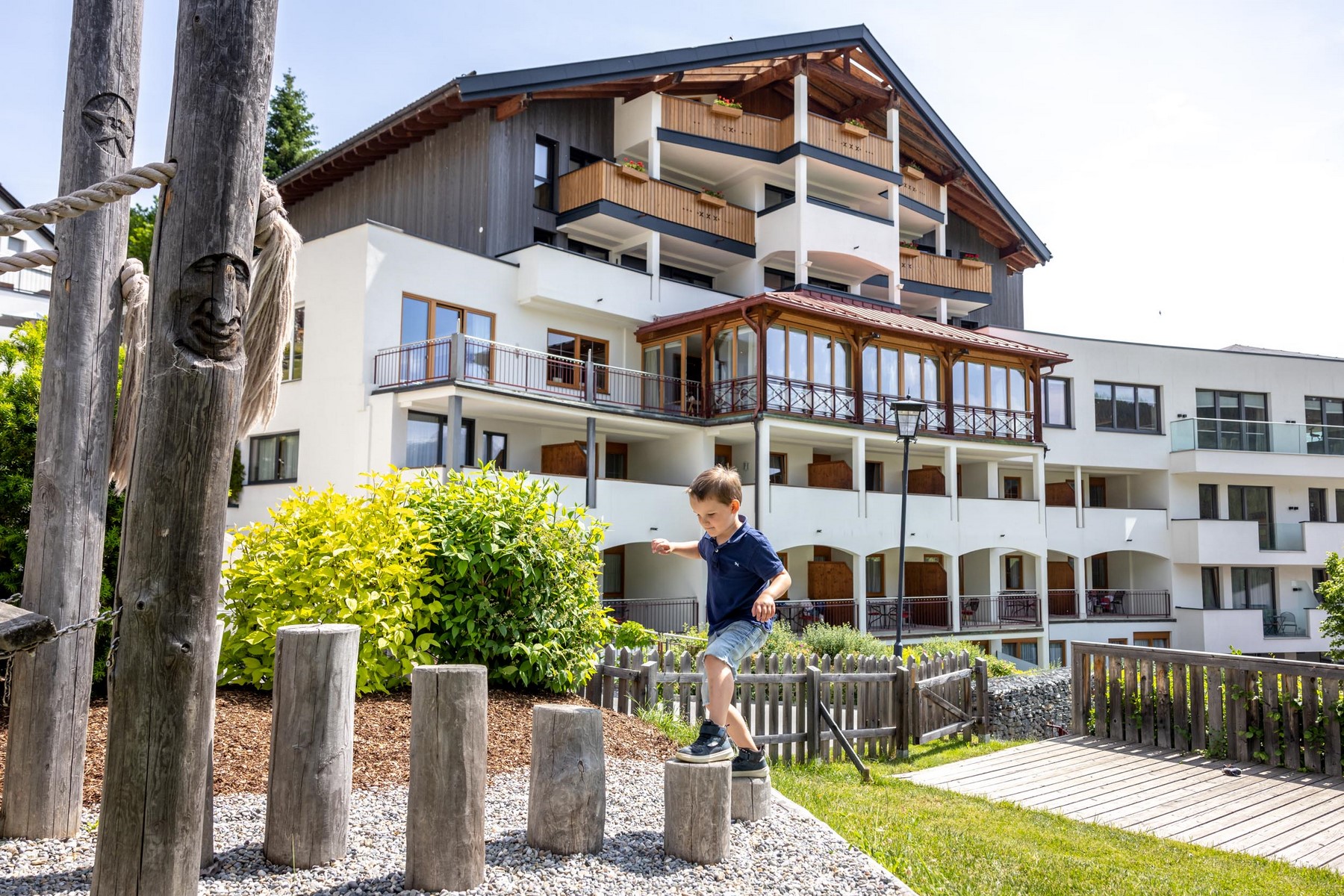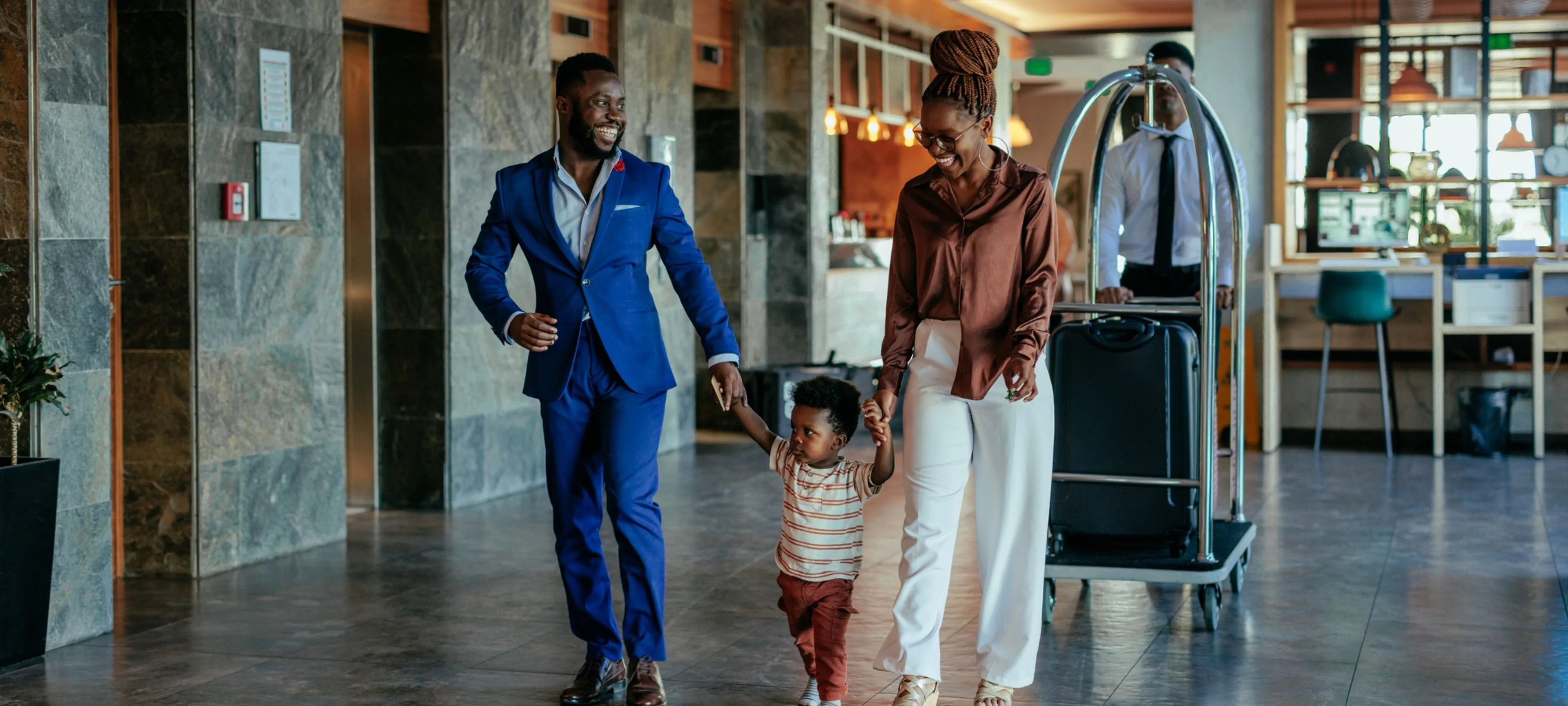
In Conversation with Reinhard Lanner, Holidays in Austria

How is digitalization transforming tourism? Reinhard Lanner from Austrian National Tourist Office provides fascinating insights into current trends, opportunities, and challenges in the industry. Discover the strategies that hoteliers can use to navigate the digital future.
<div class="article_quote is-img">
<img
src="https://cdn.prod.website-files.com/673f1b4d7fc04861927e7983/67c5ade0066acdd2074dc0a4_800x800px%20-%20Effektives%20Marketing%20fu%CC%88r%20Hotels%20mit%20nachhaltiger%20Ga%CC%88stebindung.jpg" loading="lazy" alt=""
class="article_quote_img">
<div class="article_quote_contain is-img">
<div class="article_quote_quote">
Tourism and digitalization are not the goal. They are tools to ensure the good life in this country. </div>
<div class="article_quote_name u-text-style-main">
Reinhard Lanner
</div>
</div>
</div>
Reinhard Lanner has been Chief Digital Officer (CDO) at Österreich Werbung since April 2018. Previously, he worked as a management coach and lecturer at several universities, was responsible for digital media and online marketing at SalzburgerLand Tourismus, and is regarded in the industry as an expert on digital transformation processes in tourism. Thanks to his many years as a tourism director at the destination level, he knows the challenges of tourism in practice.
The Role of the CDO at the Austrian National Tourist Office
<h3 class="interview-question">What is your role as Chief Digital Officer (CDO) at Holidays in Austria?</h3>
Until April 1, 2019, I was responsible for partner management and thus the contact person for the Austrian tourism industry. Since then, it has been my job to strategically advance the topic of "digitalization" within the company and in the Austrian tourism industry. We - that means me and another colleague - are currently in the process of setting up an "innovation hub" called "Next Level Tourism Austria".
<h3 class="interview-question">What are the current key topics and projects in the area of digitization for Holidays in Austria and your team?</h3>
The goal of Next Level Tourism Austria is to network the Austrian tourism industry and technology companies. We want to create awareness for digitalization. One of the ways we do that is by organizing trips to the future. We've already been to Dublin, where we looked at Facebook, Google and various startups, and to China to look at the other Internet in that world, with a focus on payment solutions.
Creating awareness also means organizing different events in the regions and generating ideas - both in terms of marketing and in-destination services. We are currently working on a map that shows the digitalization and innovation measures in Austrian tourism. Since we are very decentralized and do not meet regularly, we often do not know exactly who is doing what between Lake Constance and Lake Neusiedl. Last but not least, we are in the process of setting up an "Austria Experience Data Hub" where we will combine different data sources, define standards and thus create a basis for start-ups, agencies and other companies to develop new, digital services.
Another key area is the promotion of innovations in communication and on location. The field of communication includes the individualized delivery of content, data management and data analysis. We want to find out which skills, which new requirements, which people and which technical prerequisites are needed for this. In the case of in-destination services, on the other hand, the goal is to network the various players. We are also in the process of building relationships with global players. What can we do with Booking, Airbnb, TripAdvisor? These are things that not every region can do on its own, and we want to find contacts here with whom we can develop something.
.webp)
Digitalization and Tourism
<h3 class="interview-question">You are a "veteran" of digital transformation and online marketing in tourism. Which technological milestones have influenced you the most?</h3>
After my education in Kleßheim (note: a tourism school in Salzburg), I always worked in tourism organizations and was allowed to do different things that interested me personally: from organizing events to designing hiking trails to sales activities in direct marketing or sales promotion. Then, 15-20 years ago, the topic of digitalization came up more and more. I got involved - less from the technical side, because I'm more interested in the patterns of communication and behavior that change as a result. At the same time, there is the question of what we can derive from this and what we need to do to provide better service to our guests.For me, each phase in this period has been significant. With the advent of the Internet, we took brochures and put them online as a website. At that time, loading times and connections were moderate and everything was quite exciting. Then came the Web 2.0 era, the social era, when people began to realize the benefits of the Internet and that it was no longer just about broadcasting, but about communicating with each other. Finally, the web of data came along with big data.In my opinion, we as tourism professionals have been able to help shape the first two developments, but with Web of Data, the question is how much know-how do we have ourselves and what is the quality of the data? I think we are a bit behind at the moment and the Internet is already moving on. One of the key things for me, if I had to summarize these phases, is the invention of the smartphone. It suddenly made it possible for people to carry digital assistants with them all the time and to use this remote control for life for all sorts of things: to watch videos, to place orders, to communicate with someone.
<div class="article_quote"><div class="article_quote_contain"><div class="article_quote_quote">"Traveling in the future will have something to do with experiences – it will no longer be just about recreation and experiences, but about the fact that encounters with the landscape, activities, fellow travelers, and local people will change the traveler and make him a different person.</div><div class="article_quote_name u-text-style-main">Reinhard Lanner</div></div></div>
<h3 class="interview-question">Where do you see the greatest opportunities and potential for digital transformation across the tourism industry? What do guests expect in the future?</h3>
We are currently asking ourselves why we need Holiday in Austria when the entire environment is changing. We are discussing this very intensively and want to communicate much more strongly that tourism is not the goal. Tourism is an instrument to ensure a good life in this country. It's not about tourism per se, it's about creating values that make places worth living in. It's about having an infrastructure where children can grow up well, and it's about preserving our landscape. In recent years, the mindset of industrialization and maximization has been very much in the forefront, but now there is a new Tourism Master Plan developed by the Ministry of Sustainability and Tourism. The theme of "habitat" is clearly stated as the primary goal.Just like tourism, digitalization is not an objective. So far, we have very often seen digitalization as a goal. But if you look at how people work, in many cases technology is a burden, not a relief. The question in this area can only be: How does it support me in my work? How can digitalization relieve me of routine work so that I can focus on the activities that require human skills - creativity, empathy, hospitality? In English, there is this term "Augmented Humans", so we should use all these tools to augment human capabilities.From this general philosophical thought, we can derive tourism. Pine and Gilmore (note: authors of "The Experience Economy", 1999) talk about the experience society, and the theory develops this experience into an experience. Thus, traveling in the future will have something to do with experiences – it will no longer be just about recreation and experiences, but about the fact that encounters with the landscape, activities, fellow travelers, and local people will change the traveler and make him a different person.
Megatrends in Digitalization and the Future of Tourism
<div class="article_quote"><div class="article_quote_contain"><div class="article_quote_quote">"Tourism has always been about co-creating moments through direct contact with the guest."</div><div class="article_quote_name u-text-style-main">Reinhard Lanner</div></div></div>
<h3 class="interview-question">What megatrends and digitalization themes will dominate the next 3-5 years?/</h3>
It is clear to me that the industrial age is coming to an end. Workflows, processes and structures that have been right for the last hundred years will either no longer be necessary or will be wrong in the future.If I was a journalist in the past, I needed a company to provide me with image storage, development labs, a printer, and a company to distribute the newspapers. Today, you don't need that in the same way, because with a mobile phone you can do everything yourself, right down to the video, and distribute the content over the Internet.There will probably be several developments in this direction. For me, this is the megatrend and the question of what the business model will be in the future. It will no longer be the product. Maybe it will be co-creation, and that is where tourism has an advantage over all other industries. Co-creation and content marketing is something we have always done - tourism has always been about co-creating moments with direct contact to the guest.
<h3 class="interview-question">How does the Austrian National Tourist Office support Austrian tourism organizations and companies in their digital transformation?</h3>
We organize a lot of events, have publications and are building up a community. We give impulses and want to initiate thought processes. It is very easy to stand on a stage and talk about how companies should think about innovation. But it is not easy to put these things into practice, because there is a lot of operational work to be done. That's why we want to create a community where we can bring people together and provide them with catalogs of topics that will help them. So business owners can sit down with their employees once a month and get questions on topics that they can discuss while they're there.
<h3 class="interview-question">What will be the main tasks of your job in 2025?</h3>
I don't think my role will exist in five years. I started with a three-year contract because my goal from the beginning was to make myself obsolete in three years. Now, that may not happen in three or five years, but the best case scenario is that we get to a point where certain processes are going in a direction independent of any one person. After that, I'm going to look for something new. There are a lot of possibilities, I'm sure I'll find something.













